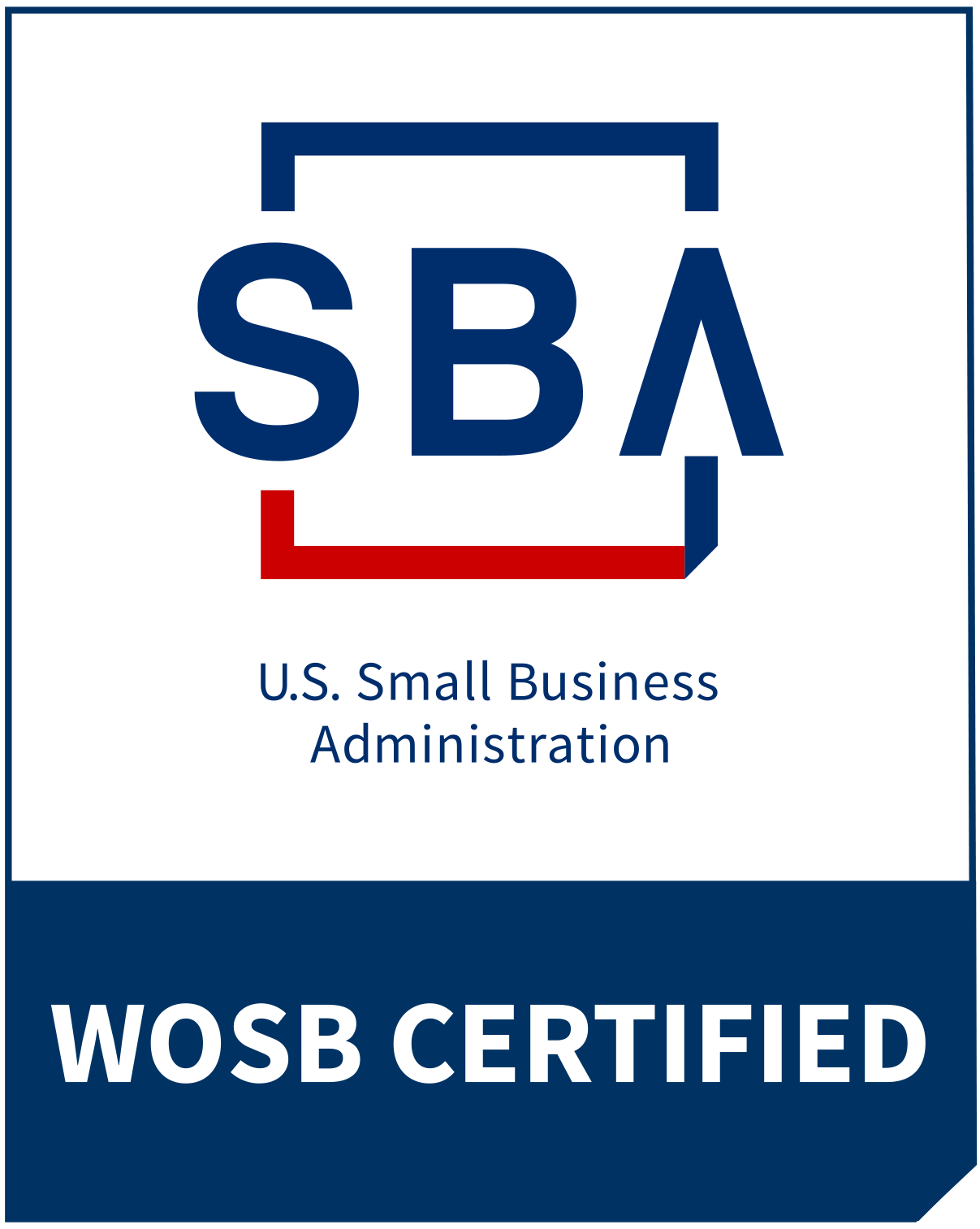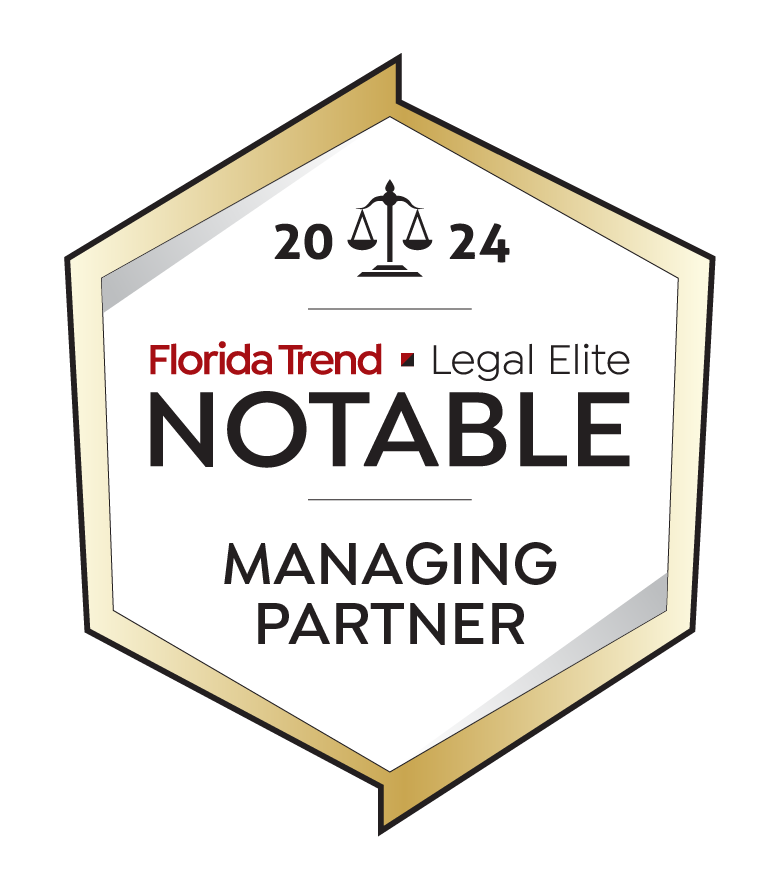When a person dies, someone must pay off that person’s debts and distribute their property. The estate is the legal term for the property and debts the deceased person held in their name when they died. When the estate is small, the law offers a simple way to settle it quickly, known as summary probate administration.
If you believe your loved one’s estate could qualify for summary probate administration in Kendall, contact an attorney. Even though summary administration is easier than formal administration, it is still critical to get things right. Advice from a trained probate attorney can help smooth the process.
Only Some Estates Qualify for Summary Administration
When the estate’s value is more than $75,000, formal administration is the only option, but it can be expensive and takes a long time. According to Florida Statutes § 735.201, a simplified option called summary probate administration is available in two circumstances: if the value of the estate is less than $75,000 or if the decedent died more than two years ago. A Kendall attorney can review a specific situation and advise an heir whether summary probate administration is an option in their case.
A deceased person’s estate includes the assets they held solely in their name without a named beneficiary. Many people try to avoid long, expensive formal probate administration by:
- Holding their assets jointly with a spouse or a child;
- Naming a beneficiary to receive an asset when they die;
- Investing in a life insurance policy;
- Putting assets in a trust.
If a decedent used these or other estate planning tools and held few assets in their name, their heirs could be eligible to use summary probate administration even if they inherited significant property from the decedent.
Understanding the Homestead Exemption
A home is often the most valuable asset a person leaves behind and the value of a home in Kendall usually exceeds $75,000. However, under Florida’s homestead law, a decedent’s primary residence is not counted in the value of their estate in most cases. The homestead exemption applies to up to one-half of an acre in a municipality or 160 contiguous acres in a rural area if the decedent’s primary residence is located on the property.
The homestead passes directly to a decedent’s spouse, minor children, or other heirs. Creditors cannot force the heirs to sell a homestead, but the heirs or the estate must pay the taxes and mortgage. The law allows summary probate administration regardless of the homestead’s value if the decedent’s estate property does not exceed $75,000.
The Summary Administration Process
Initiating summary probate administration requires one of the decedent’s heirs to file a petition with the probate court, which a Kendall attorney can assist with. If a family member claims the decedent’s home as a homestead, filing an Order Determining Homestead at the same time as the petition ensures the family member receives clear title to the property.
The petition includes information about the decedent, the property they left, and their heirs. If the decedent died with debts, there must be enough money in the estate to pay them or the estate cannot use the summary process.
The probate court will schedule a hearing to verify the information in the petition and ensure the estate is eligible for summary probate administration. If so, the Judge will direct an heir to pay the decedent’s debts, if any, and distribute the rest of the estate’s assets. When these tasks are complete, the heir will file a detailed accounting with the court. If all is in order, the Judge will close the estate.
Consult a Kendall Attorney About Summary Probate Administration Today
Dealing with the property and debts a loved one left behind is often time-consuming, challenging, and could be expensive. The summary probate administration process provides a quick, simple, and cost-effective alternative for some families.
If your loved one did not leave substantial property in their estate, you could be eligible for summary probate administration in Kendall. Place a call to The Florida Probate & Family Law Firm to discuss whether your loved one’s estate could be eligible during a free consultation.



























